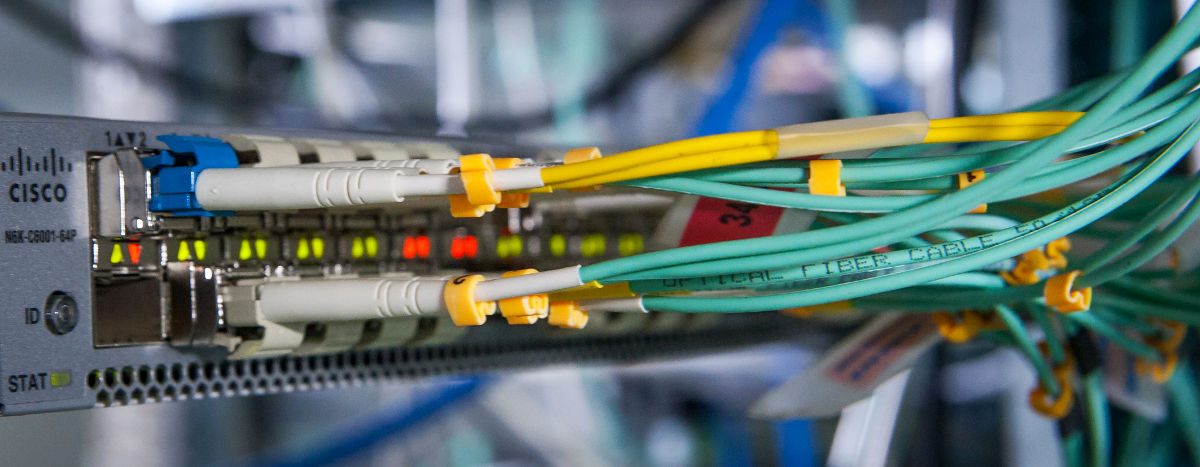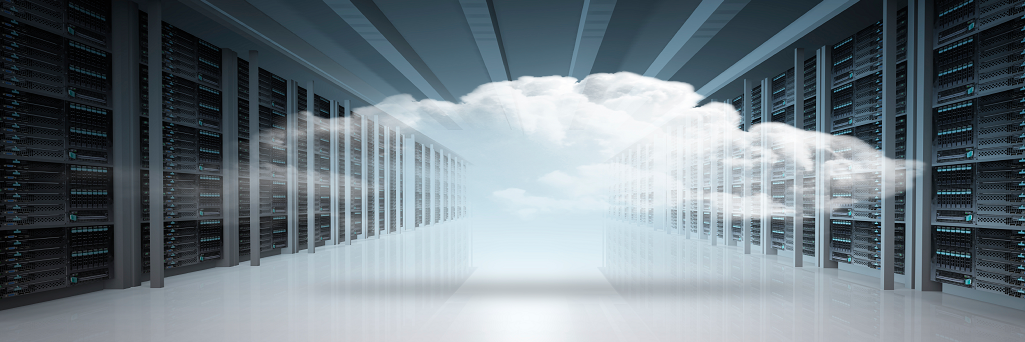Many people may be confused about what is cloud computing and what is data center. They often ask questions like, “Is a cloud a data center?”, “Is a data center a cloud?” or “Are data center and cloud computing two completely different things?” Maybe you know your company needs the cloud and a date center. And you also know your data center needs the cloud and vice versa. But you just don’t know why! Don’t worry. This essay will help you have a thorough understanding of the two terms and tell you the difference between cloud vs data center. Let’s begin with their definition first.
The term “data center” can be interpreted in a few different ways. First, an organization can run an in-house data center maintained by trained IT employees whose job is to keep the system up and running. Second, it can refer to an offsite storage center that consists of servers and other equipment needed to keep the stored data accessible both virtually and physically.
While the term “cloud” or “cloud computing” didn’t exist before the advent of Internet. Cloud computing changes the way businesses work. Rather than storing data locally on individual computers or a company’s network, cloud computing entails the delivery of data and shared resources via a secure and centralized remote platform. Rather than using a company’s own servers, it places its resources in the hands of a third-party organization that offers such a service.
Since the cloud is an external form of computing, it may be less secure or require more work to ensure security than a data center. Unlike data centers, where you are responsible for your own security, you will be entrusting your data to a third-party provider that may or may not have the most up-to-date security certifications. If your cloud are placed on several data centers in different locations, each location will also need the proper measures to ensure the security.
A data center is also physically connected to a local network, which makes it easier to ensure that only those with company-approved credentials and equipment can access stored apps and information. The cloud, however, is accessible by anyone with the proper credentials anywhere that there is an Internet connection. This opens a wide array of entry and exit points, all of which need to be protected to make sure that data transmitted to and from these points are secure.
For most small businesses, cloud computing is a more cost-effective option than a data center. Because when you chose a data center, you have to build an infrastructure from the start and will be responsible for your own maintenance and administration. Besides, a data center takes much longer to get started and can cost businesses $10 million to $25 million per year to operate and maintain.
Unlike a data center, cloud computing does not require time or capital to get up and running. Instead, most cloud computing providers offer a range of affordable subscription plans to meet customers’ budget and scale the service to their actual needs. And data centers take time to build, whereas cloud services are available for use almost immediately after registration.
Going forward, cloud computing services will become increasingly attractive with a low cost and convenient service. It creates a new way to facilitate collaboration and information access across great geographic distances while reducing the costs. Therefore, compared cloud computing vs data center, the future of cloud computing is definitely much brighter.
Related Article: The Evolution of Data Center Switching



